How to Buy the Best TV
Are you looking to buy a TV set that you will enjoy watching? While buying a TV seems a simple thing now that all TVs are coming as flat-panel sets, it is not as easy as it looks. You may need to consider some factors, some of which may be a bit new to you, like the high dynamic range (HDR) and others. You also need to decide if you want one with ultra-high definition (UHD) or not, among other considerations.
Below are some considerations when choosing a TV:
Screen Size
The most common concern for most TV buyers is what screen size is best and this also applies when buying a laptop. But the typical recommendation is that a bigger screen is always better, and it is sound advice. The reality is that nothing beats the fun and enjoyment of watching a big screen. Rarely can you hear a customer wish that they should have bought a smaller screen. The best recommendation is to choose the biggest screen that your house, viewing distance, and budget can allow you to have.
Whether to buy LED-LCD or OLED
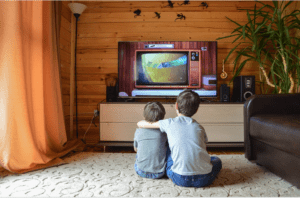 When choosing a TV, another critical factor is the range of angles from which you can view the images without getting dim, losing their accuracy, or being washed out. Most LCDs have a significant disadvantage of having a limited viewing angle. As such, the pictures only look their best from only a relatively narrow spot in front of the screen. Conversely, OLED TVs have nearly unlimited viewing angles, the same way plasma TVs had.
When choosing a TV, another critical factor is the range of angles from which you can view the images without getting dim, losing their accuracy, or being washed out. Most LCDs have a significant disadvantage of having a limited viewing angle. As such, the pictures only look their best from only a relatively narrow spot in front of the screen. Conversely, OLED TVs have nearly unlimited viewing angles, the same way plasma TVs had.
The majority of shoppers first check the LED-LCD TV sets because they come in many screen sizes and different prices, and there are a ton of models. But if you have a keen focus on image quality and are considering the high-end LED-LCDs, you should check out OLED TVs because they have fantastic picture qualities, and their prices have also dropped in the recent past.
Smart TV features
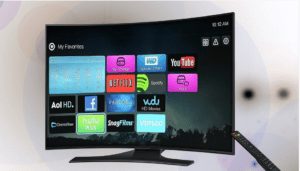 Most TV brands have smart TVs on the market, and the question is not whether to buy a smart TV or not, but what smart TV features to go for. With the basic smart TVs, you will be restricted to the most popular features, but others offer a wide range of apps. Also, most smart TVs come with a full web browser. On the other hand, the more sophisticated ones respond to voice commands, allow you to view content from your mobile phone (smartphone), and recommend programs to you.
Most TV brands have smart TVs on the market, and the question is not whether to buy a smart TV or not, but what smart TV features to go for. With the basic smart TVs, you will be restricted to the most popular features, but others offer a wide range of apps. Also, most smart TVs come with a full web browser. On the other hand, the more sophisticated ones respond to voice commands, allow you to view content from your mobile phone (smartphone), and recommend programs to you.
There are many other considerations to look for when buying TVs like the resolution and if the gadget has ports for all your inputs and outputs to allow you to connect your video and audio appliances.…

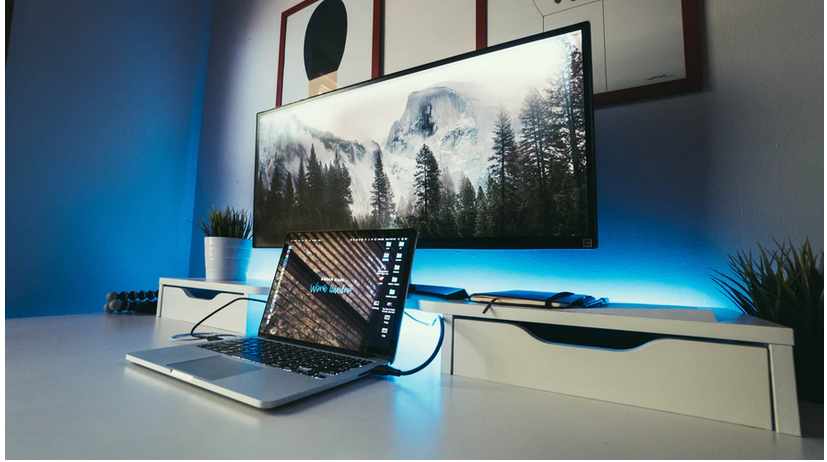

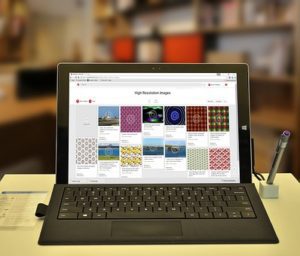
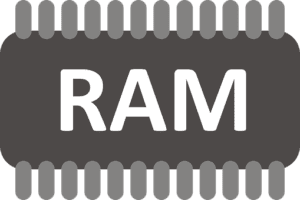 System Memory (RAM) System laptop memory, or RAM, is what determines how many applications you can have running smoothly on your computer simultaneously. Most laptops have 2 GB but can have 3 or morel. If you are considering buying a laptop with more than 3 GB, you will want to be sure your operating system can handle the amount. A 32-bit computer will not function properly with more than 3 GB, but a 64-bit should be able to.
System Memory (RAM) System laptop memory, or RAM, is what determines how many applications you can have running smoothly on your computer simultaneously. Most laptops have 2 GB but can have 3 or morel. If you are considering buying a laptop with more than 3 GB, you will want to be sure your operating system can handle the amount. A 32-bit computer will not function properly with more than 3 GB, but a 64-bit should be able to.